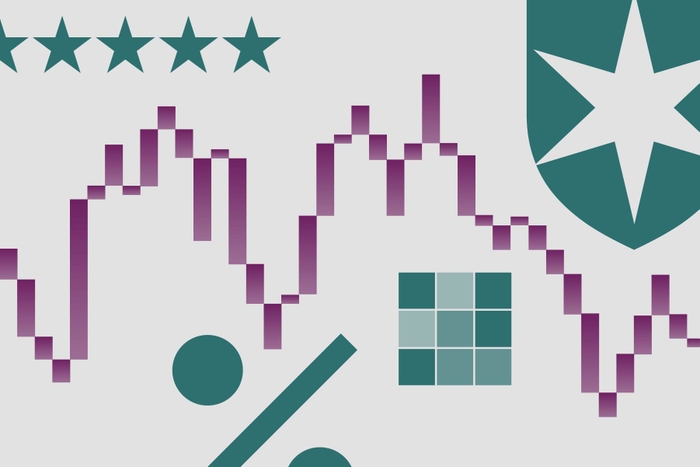This article is part of the Morningstar's Guide to Emerging Market Investing. Click here to find out just what an emerging market is and which regions hold the potential to boost your investment portfolio.
Emma Wall: Hello, and welcome to the Morningstar Series, 'Why Should I Invest With You'. I am Emma Wall, and I'm joined today by Gary Greenberg, Manager of the Hermes Global Emerging Markets Fund.
Hello, Gary.
Gary Greenberg: Hi.
Wall: So, we are running a Special Emerging Markets Week this week, and today we're focusing on China. Now, I know, of course, you are a Global Emerging Markets Fund manager, which means you get the pick of that sector. But I wanted to ask, as you do have a large allocation to Asia, how much is China the dominant player in that region? Do you have to consider China with every investment you make?
Greenberg: Well, you have to consider digital disruption with every investment you make. And China does have some of the companies that are really at the forefront of that, especially Alibaba. And Alibaba is expanding outside of China. So, in that sense, yes, there is that factor. But actually, if you look in India, for example, there are many companies that aren't really affected at all, especially in services. And so, really bottom-up you can look at companies anywhere in Asia that may or may not have any real affect.
Wall: And so, I think, Asia probably in the past, those smaller countries that were very dependent on China, is that fair to say, but now the region is more heterogeneous and they are all standing on their own, both as an economy, but also with equities?
Greenberg: Yeah. You've got a lot of companies in Asian markets that have gone global. Taiwan Semiconductor, for example, is a global company. Some Indian industrial, such as Motherson Sumi, Tata Motors, Bharat Forge are global companies. So, especially, with Indian companies, but also with some others, the language is no barrier. People travel all over the world. The supply chains are global. So, it's really one interconnected world.
Wall: Looking to sort of economic health of Asia, again, does China sort of dominate that, because there were, although they seem to have eased off, some concerns about Chinese growth and Chinese debt levels? Does that have a ripple effect through the region?
Greenberg: It has a ripple effect on some countries. Korea and Taiwan are particularly exposed to Chinese growth. Indonesia also through their commodities. Having said that, I think it's fairly clear that China will continue to slow, but it's such a large economy that even slow growth for a $10 trillion economy is substantial. And so, if the countries that are economically dependent will see gradually slowing source of pull for their exports, but nothing traumatic. We don't expect China to come to a hard stop. And we don't expect the debt situation to come to an explosive danuma anytime in the next year or two.
Wall: Looking then at your portfolio, where are you seeing the greatest opportunities? I know you're a stock picker, but are there any particular countries that because of the macro are really standing out for you in Asia?
Greenberg: Actually, right now, everything is sort of gradually slowing in Asia. India needs to recapitalise its public-sector banks to get a real cyclical upturn. That's not happening yet. Taiwan and Korea are globally exposed and, as I mentioned, exposed to China, which is slowing a bit. Indonesia is a big commodity exporter.
However, even though that's slowing, nevertheless, domestic demand in Indonesia is keeping the growth rate pretty decent. So, overall, things look steady, things look relatively calm with the exception of North Korea. And it's really – sorry to say, it's really more on picking stocks.
Wall: Gary, thank you very much. This is Emma Wall for Morningstar. Thank you for watching.





























